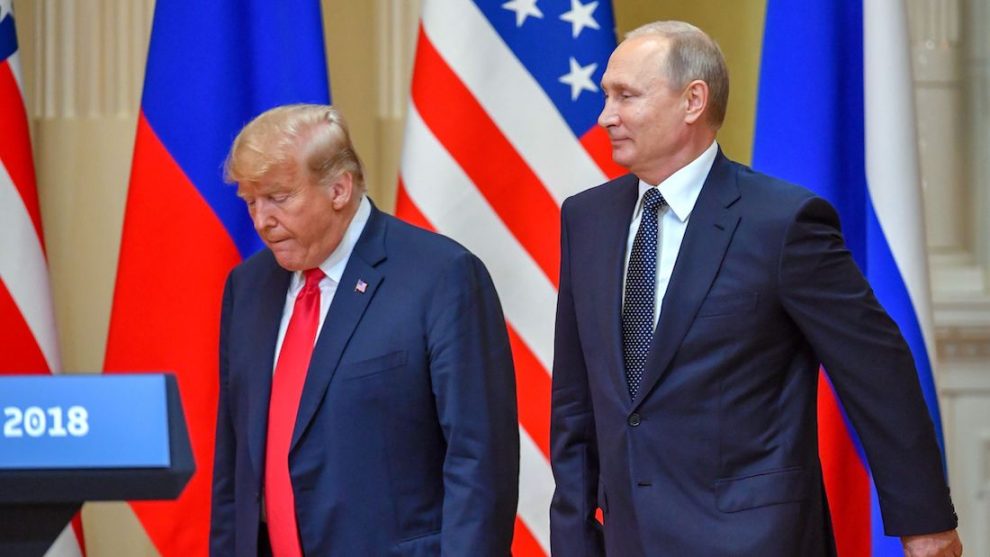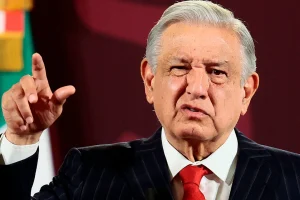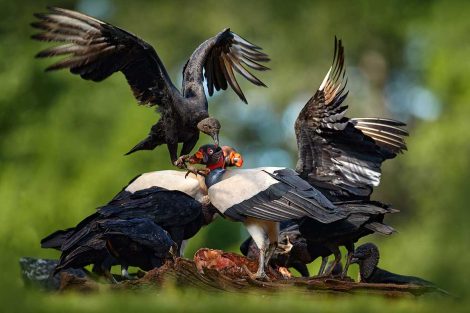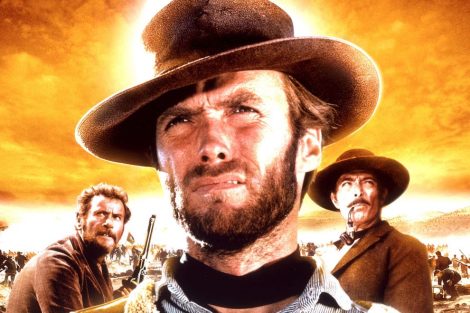Media and political power, the real dilemma
Cesar Romero
In the United States we have the internal crisis of CNN. In Mexico, the order of the government party to exclude “adversary” newspapers and newscasts from its succession game. It seems appropriate, therefore, to review the relationship between the media and political power in these interesting times.
First, what I consider obvious: recognizing that up to now the analysis on the subject is based on a reality that no longer exists… assuming that it once it did exist. I am referring to that idealized model, especially by the journalists themselves, according to which the media constitute a kind of Fourth Estate, a (self-proclaim) great public forum; but yes, always at the service of the “best causes”.
According to this narrative, in the emblematic case –Watergate– the resignation of President Nixon 49 years ago was the consequence of the courageous search for The Truth by a couple of brave reporters and not of the levels of social crisis of the moment, the betrayals bureaucratic and internal power struggles. Yes of course.
Well no. The historical evidence that best explains the behavior of the big media points rather to the truculent maneuvers of big barons –including the recently deceased Silvio Berlusconi– who never bothered to lie and manipulate when it came to increasing the circulation of their newspapers, the audiences of their programs or the clicks to their social networks. The fathers of fake news were not Donald Trump or Elon Musk, but William Randolph Hearst and Joseph Pulitzer.
On the other hand, it is not necessary to go back to Messrs. Goebbels or Stalin to discover the propaganda and public lynching formulas. It is enough to turn to the neo-populists, from the right or the left, who are now swarming in a good part of the world. Shooting the messenger is the favorite sport of autocrats and sorcerer’s apprentices.
No news, then. The firing of Chris Licht as CNN’s Chief Executive Officer — after presenting Trump with a town hall meeting packed with his fans — is just the latest sign of the crisis of an “objective” journalistic project recently marred by scandals and, above all, everything, a constant drop in ratings.
Everything, as a result of the bizarre attempt to build an information platform that would function as “a neutral arbiter of The Truth” that, supposedly, would generate trust between all sides of an increasingly polarized society.
First big lesson: when the dynamic is war, neutrality is practically impossible. Today Warner Bros. Discovery, Inc., the company that owns CNN, knows it, which, by the way, has as its main priority maintaining, and growing, its economic income, which the previous year was around 34 billion dollars.
Which brings us to the dilemma that has the American media world on edge: “Trump heading to 24”. In the probable case that his criminal past does not prevent him from trying again to return to the White House, what are the journalists going to do with him, what is the establishment going to do with him? Although no one seems to have a good answer, there is already a first clue, which until now has been marked by Rupert Murdoch himself (Fox News) “do not cover it live.”
Something similar occurs with Las Mañaneras, a television program with a frankly small direct audience, but which is followed religiously –and replicated– by the vast majority of journalistic spaces. Like Mr. Trump’s Twitter account.
Of course, among the media and political pontiffs the old litany will soon be recycled about the need to focus journalistic coverage of the electoral process on the big issues “that really matter to the people” and not on presenting the contest as if it were a horse race. Sure. “Yeah, uh-huh.”
A minimum knowledge about the means is enough not to get excited in vain. The media, at least the most important ones, are part of an industry: entertainment. Although it hurts, you have to admit it. And as such, its central objective is very clear, to make money. For this, the main business model continues to be that of having larger audiences, more influence.
This is not about kicking the manger. Personally, I still believe that journalism is, it can be –for me it was–, a noble profession. Indispensable in a democratic system. Which, particularly in the Mexican reality, contributed significantly to the dismantling of the “old regime.” All that is true. But neither does it change the fundamental fact: If it bleeds, it leads.
That the media have agendas, without a doubt. And also the rulers. That, I think, should not be the central issue to discuss. It is within this framework that it is worth remembering what usually happens when politics is carried out based on “black lists”, where one arrives from the crowd courts, in which revolutions end from the guillotines.
It may be that the public discussion about Morena’s presidential candidacy remains, that, public. It is probable that internal discipline will be maintained and that the formula of polling the “presidential finger” will produce a candidacy that wins the election of the 24th. It may be that in the United States the Trump model will work again — direct confrontation, insults and the lies. It is also possible that these dynamics come up against a more complicated reality.
In any case, I am left with the desire for a better citizen understanding of the best possible relationship between journalism and political power.











